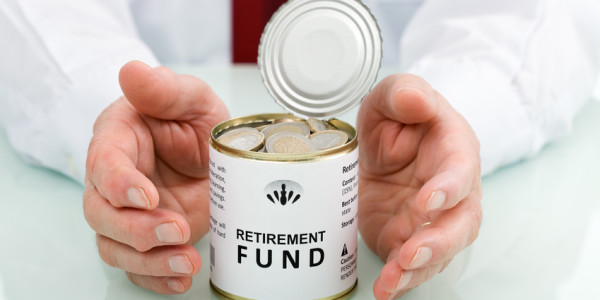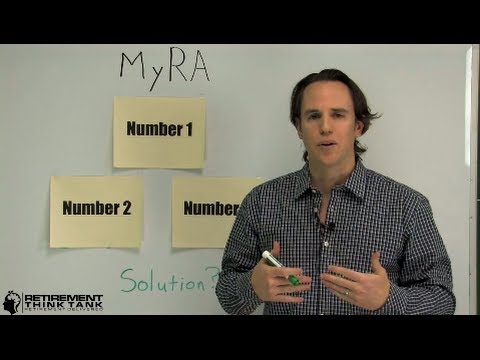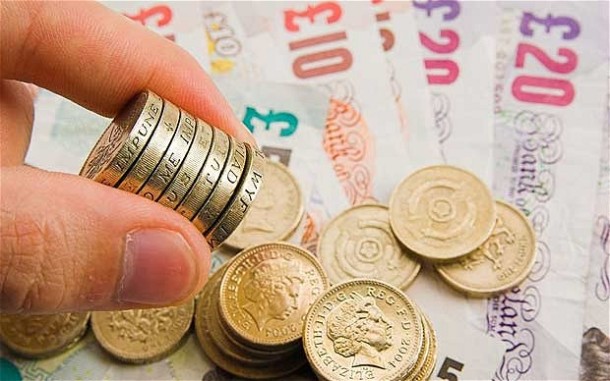Fixes (Continuing a series on what works)
The problem:
 Americans don’t save. Half the people in a recent survey couldn’t come up with $2,000 if they had to.
Americans don’t save. Half the people in a recent survey couldn’t come up with $2,000 if they had to.
The President addressed this in his State of the Union speech: MyRAs, starter savings plans for the 45% who have none, begin late this year. A MyRA is a flexible Roth IRA: start with $25; contribute as little as $5 a month, up to a maximum of $5,500 a year in after-tax dollars. Savings are protected by the Federal government; workers can withdraw money in an emergency, and take their accounts along if they change jobs. MyRAs will earn the same as the government’s Thrift Savings Plan (1.89% last year).
I heard about MyRA on the news; I read about it the papers and thought—good idea, but it doesn’t make the blood sing, doesn’t make me want to race to the bank.
Here’s an idea that does.
This is a plan for the poorest among us, the people who line up each week to buy lottery tickets, spending an average of $540 a year per household, more than they spend on milk or beer. I am not a fan of gambling, but—
According to Tina Rosenberg, people buy lottery tickets because it’s fun—it’s a hope break in a dreary day and what other way exists for poor people to get rich?
What if saving were more like the lottery?
Britain’s Premium Bonds was established in 1956. The interest on the bonds isn’t repaid to the holders. Instead, it goes into a prize fund. Every pound savers put in (to a maximum of about $50,000 U.S.) gives them a chance to win a monthly one- million-pound jackpot, plus a million different smaller prizes. It’s called “Saving with a Thrill.” On its 50th anniversary, there were 32 billion pounds in bonds, held by 40% of Britain’s population.
In this country, banks can’t legally run lotteries, but credit unions can run raffles. The Michigan Credit Union League started one in 2008. For each deposit of $25, savers got interest and one entry to an annual grand prize of $100,000, plus monthly prizes of between $25 and $100. More deposits mean more chances to win.
It’s called “Save to Win.” Michigan now has 34 credit unions involved, with 12,000 accounts and an average of $2,596 in each account. The president of one of the participating credit unions says, “It’s the best thing we’ve found to encourage people of modest means to put a little bit aside.”




Great idea, Norma! I’ve often thought that breast self-exams could benefit from such an upgrade too “find the lump, get a trip to Hawaii,” instead of the current choice of cutting, burning or poisoning, sometimes more than one. xo
wow cool!
Love these ideas!
I believe the MyRA is doomed to failure.